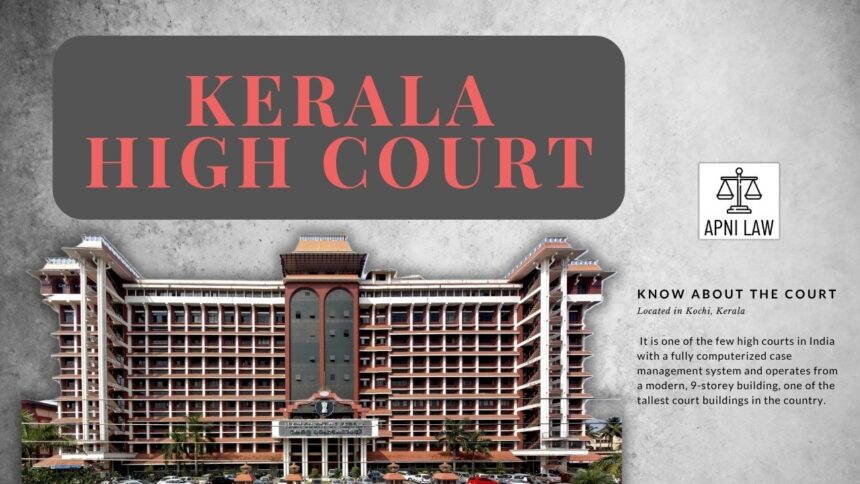Introduction
The Kerala High Court recently made a pivotal decision concerning the attachment of retirement benefits for maintenance obligations. The bench held that when a minor child or spouse seeks maintenance, the exemption under Section 60(1)(g) of the Code of Civil Procedure, 1908 (CPC) does not apply to the father’s or husband’s retirement benefits. The ruling underscores that statutory maintenance obligations can override the protection usually afforded to pension and gratuity funds.
Facts of the Case
The case in question involved a minor daughter who filed a maintenance petition under family-court jurisdiction. Her father was a retired government employee. The daughter also filed an interim application seeking attachment of her father’s retirement benefits. Thus, contending that he was about to withdraw or divert them and that she would be left without support. The father resisted, arguing that his retirement benefits were exempt from attachment by virtue of Section 60(1)(g) CPC. This includes the precedent such as Radhey Shyam Gupta v. Punjab National Bank (2009).
The Family Court denied the interim application on the grounds that the father’s pension and gratuity were protected. They were not liable for attachment under Section 60(1)(g) CPC. Aggrieved, the daughter approached the High Court for relief.
What the Court Says
The High Court held that Section 60(1)(g) CPC, which ordinarily protects pension, gratuity and retirement benefits from attachment, cannot be invoked to shield a person from meeting their lawful maintenance obligations towards dependents. The court observed that the protective provision is intended to avoid destitution of the retired employee and his immediate family, but it cannot be used as a “shield” against the “statutory and moral obligation” to provide maintenance to a minor child.
The court emphasised that a minor child’s right to maintenance is a constitutional and legal duty of the parent. It invoked Articles 15(3) and 39 of the Constitution of India, stating that laws of maintenance act as instruments to secure protection and welfare of women and children.
Thus, the bench directed that the interim application be reconsidered by the Family Court. This allowed the attachment of retirement benefits in the context of the maintenance claim. Even though those benefits might ordinarily be exempt under Section 60(1)(g) CPC.
Implications
This ruling has important consequences for maintenance law and execution of orders against retired employees. It clarifies that:
- The protection under Section 60(1)(g) CPC is not absolute when a parent has legal maintenance liability towards a child or spouse.
- Dependents seeking maintenance may challenge the exemption of retirement benefits from attachment if the evidence shows imminent diversion or withdrawal of those benefits.
- Legal practitioners and courts must now balance the statutory immunity of gratuity funds with the dependent’s constitutional right to maintenance. Thus, giving precedence to the latter in appropriate cases.
- Retirement benefits may become part of the pool available for maintenance claims. This alters how executory proceedings are approached in family courts and execution courts.
For any specific query call at +91 – 8569843472
Conclusion
In its decision, the Kerala High Court reaffirmed that maintenance obligations cannot be subordinated to procedural protections designed for retired employees. While Section 60(1)(g) CPC shields pension and gratuity from attachment in many instances, that protection yields when a minor child or dependent spouse stands to be deprived of due maintenance. The judgment strengthens the legal position of dependents and brings clarity to the interplay between family maintenance law and execution law under the CPC.







